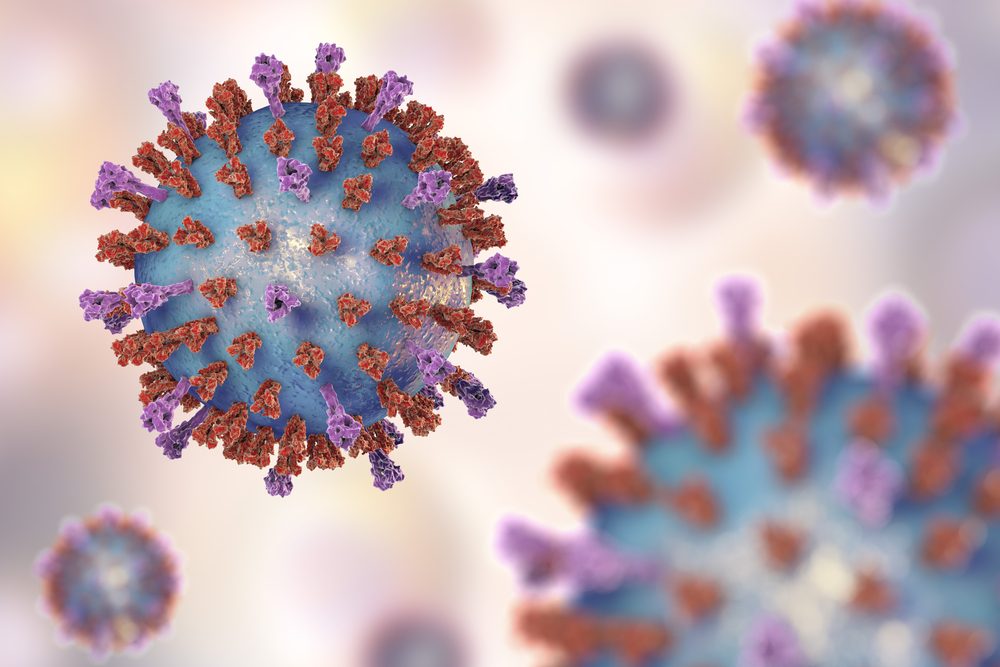Soliris Prevents aHUS Recurrence in COVID-19 Patient in Case Study
Written by |

Treatment with Soliris (eculizumab) successfully prevented the recurrence of atypical hemolytic uremic syndrome (aHUS) in a 64-year-old woman who had received a kidney transplant, without compromising her recovery from COVID-19, a case study reports.
The study, “COVID-19 in a kidney transplant recipient treated with eculizumab for atypical hemolytic uremic syndrome: a case report,” was published in the Journal of Nephrology.
The patient was hospitalized at Strasbourg University Hospital, in France, in April 2020 after developing diarrhea, nausea, and flu-like symptoms, all indicative of infection by SARS-CoV-2, the virus that causes COVID-19. The infection was confirmed at the hospital.
She had been diagnosed with aHUS in 2002, after being hospitalized for severe acute kidney failure. Despite plasma exchange therapy — which replaces the liquid portion of blood — and treatment with methylprednisolone, the patient had to undergo hemodialysis due to progressive kidney function decline.
In 2014, she received a kidney transplant and, following an immunosuppressant regimen, she started on Soliris to prevent aHUS recurrence.
After testing positive for COVID-19, the patient underwent a chest computed tomography scan, which showed signs of pneumonia. Treatment with Soliris, which was scheduled for April 1, 2020, was delayed and her immunosuppressant regimen reduced.
Steroids and immunosuppressive treatment with tacrolimus were maintained, but eight days later, her oxygen levels were severely low. She was then admitted to the intensive care unit and received supplemental oxygen through a face mask.
By then, her pneumonia had progressed, affecting nearly half of her lung tissue. Physicians attempted an initial treatment with the antibiotic azithromycin and the antimalarial agent hydroxychloroquine. However, both were rapidly discontinued due to changes found on an electrocardiogram, which measures electrical activity in the heart. Tacrolimus and prednisone were also stopped.
She began treatment with dexamethasone (20 mg daily) on April 8, which was progressively tapered off until stopped nine days later.
Her kidney function remained stable, despite signs of mild inflammation — specifically, higher-than-normal levels of C-reactive protein, an inflammatory marker, in the blood. No signs of thrombotic microangiopathy, a condition in which the small blood vessels inside the kidneys become clogged, were found.
Treatment with Soliris (at a higher dose of 1,200 mg) was administered the day after she started on dexamethasone. This was followed by a reduction in inflammatory markers and a lower need for oxygen supplementation. The patient was eventually discharged from the hospital two weeks later and given an additional a dose of 900 mg of Soliris.
Overall, this case report suggests that treatment with Soliris “can be included in the therapeutic armamentarium against COVID-19, and this treatment should not be discontinued unless strictly necessary due to adverse effects or alternative health complications,” the researchers concluded.




